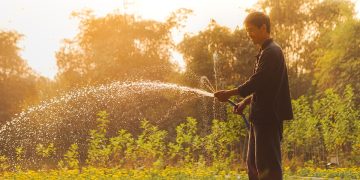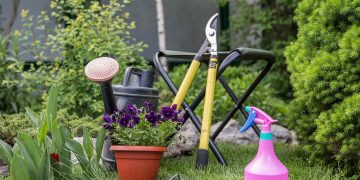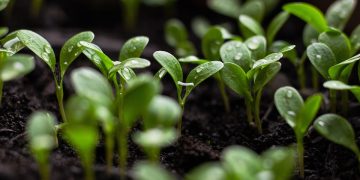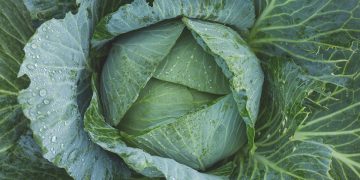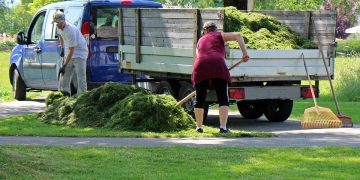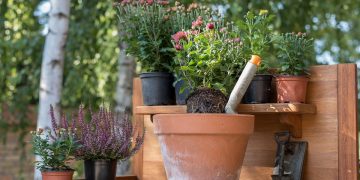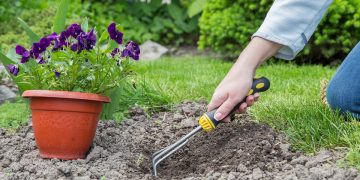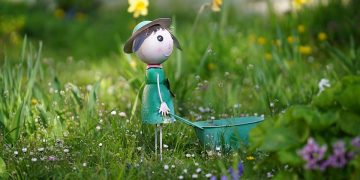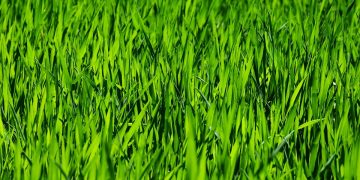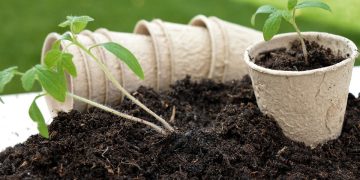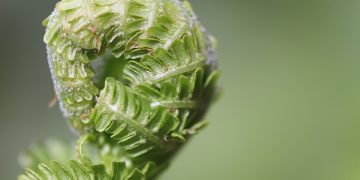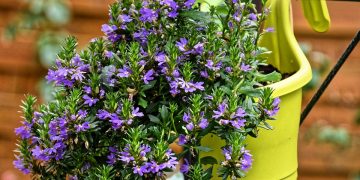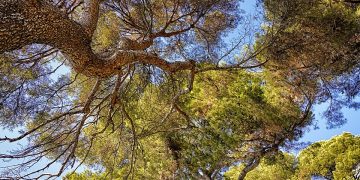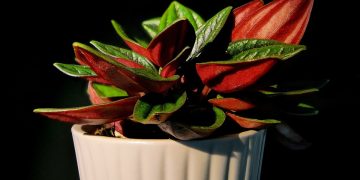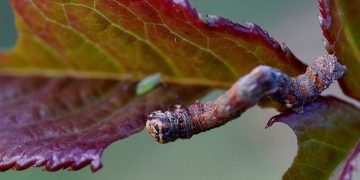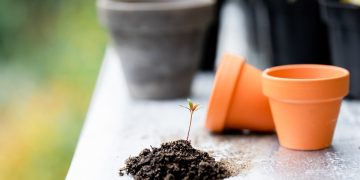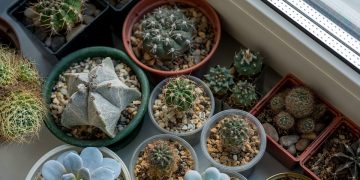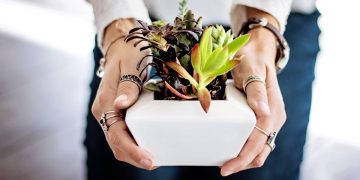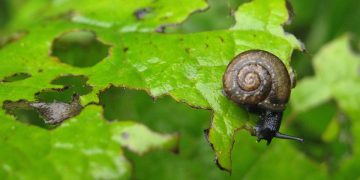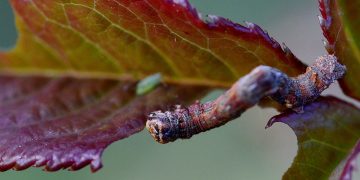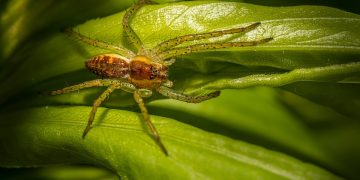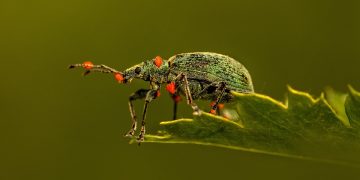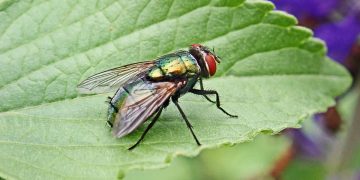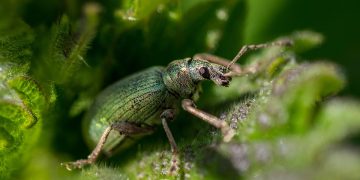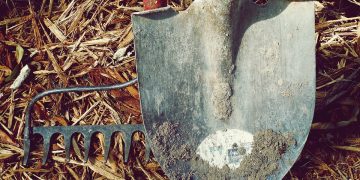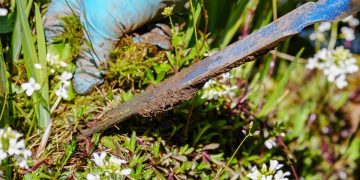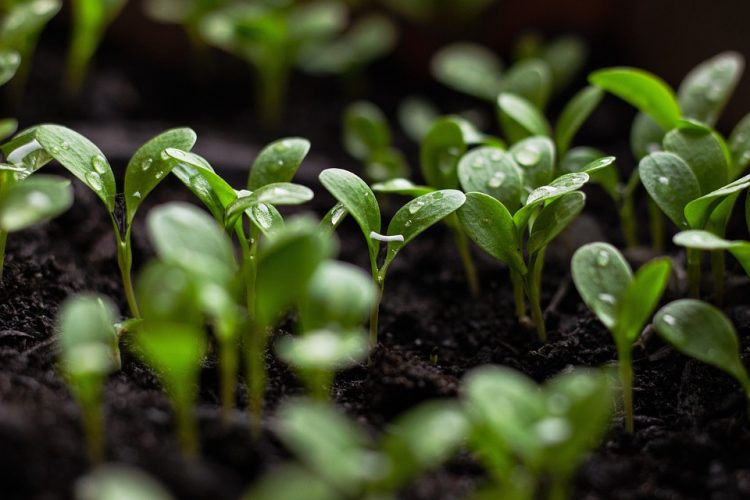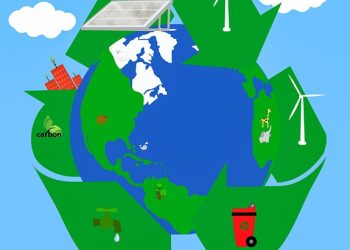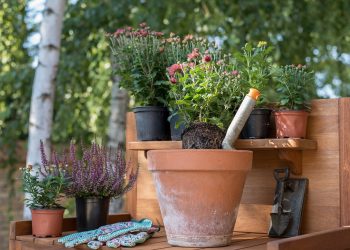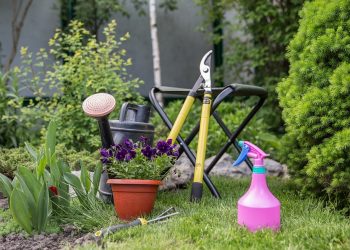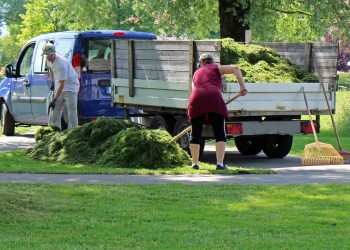Growing Green: Harnessing the Power of Renewable Resources for Sustainable Gardening
As our society becomes more aware of the impact of our actions on the environment, many people are turning to sustainable practices in all areas of their lives, including gardening. By harnessing the power of renewable resources, we can create beautiful, thriving gardens while minimizing our carbon footprint and protecting the planet for future generations.
The Benefits of Sustainable Gardening
There are numerous benefits to practicing sustainable gardening, including:
1. Environmental Benefits
By using renewable resources such as solar power, rainwater harvesting, and composting, we can reduce our reliance on fossil fuels and minimize our contribution to climate change. Sustainable gardening also helps to protect local ecosystems and wildlife by minimizing the use of harmful chemicals and pesticides.
2. Cost Savings
While there may be an initial investment required to set up renewable resources for your garden, such as solar panels or a rainwater harvesting system, these investments can pay off in the long run by reducing your energy and water bills. Composting can also save you money on fertilizer and soil amendments.
3. Health Benefits
By avoiding the use of synthetic chemicals and pesticides in your garden, you can protect your own health as well as the health of your family and pets. Sustainable gardening practices promote a more natural, organic approach to gardening that can lead to healthier plants and a healthier environment.
How to Harness the Power of Renewable Resources in Your Garden
There are many ways to incorporate renewable resources into your garden to create a more sustainable and eco-friendly space. Here are some tips to help you get started:
1. Solar Power
Solar power is a clean, renewable energy source that can be used to power lights, water features, and even small appliances in your garden. Installing solar panels on your property can help you reduce your reliance on the grid and lower your energy bills.
2. Rainwater Harvesting
Collecting rainwater in a barrel or cistern can provide you with a free source of water for your garden. This can help you reduce your water usage and save money on your water bill. Rainwater is also free of chlorine and other chemicals found in tap water, making it a healthier option for your plants.
3. Composting
Composting is a natural way to recycle organic waste from your kitchen and garden into nutrient-rich soil for your plants. By composting your food scraps and yard waste, you can reduce the amount of waste that goes to landfill and create a sustainable source of fertilizer for your garden.
Common Questions About Sustainable Gardening
Here are some common questions about sustainable gardening and renewable resources:
1. Can I use solar power in my garden if I don’t have a lot of sun?
While solar panels do require sunlight to generate electricity, there are still ways to use solar power in your garden if you have limited sun exposure. You can install a solar-powered water feature or lights that have a separate solar panel that can be placed in a sunnier spot.
2. Is rainwater safe to use on my plants?
Yes, rainwater is safe to use on your plants as long as it is collected in a clean, food-grade container. Rainwater is free of chemicals and additives found in tap water, making it a healthier option for your plants. Just be sure to use a screen or filter to remove any debris before using it on your garden.
3. How do I start composting?
Starting a compost pile is easy and requires minimal effort. You can start by collecting kitchen scraps such as fruit and vegetable peels, coffee grounds, and eggshells in a compost bin or pile in your backyard. Add in yard waste such as leaves, grass clippings, and small branches, and mix it all together regularly to help it break down into rich, fertile compost for your garden.
Conclusion
Sustainable gardening is not only good for the environment, but it can also save you money and improve the health of your plants and soil. By harnessing the power of renewable resources such as solar power, rainwater harvesting, and composting, you can create a beautiful, thriving garden that is both eco-friendly and sustainable. So why not start growing green today and do your part to protect the planet for future generations?

